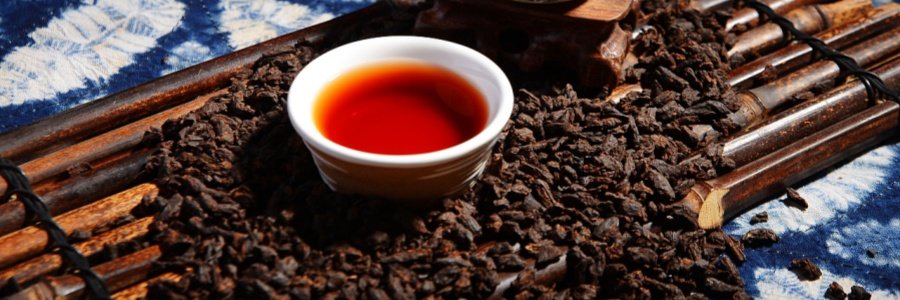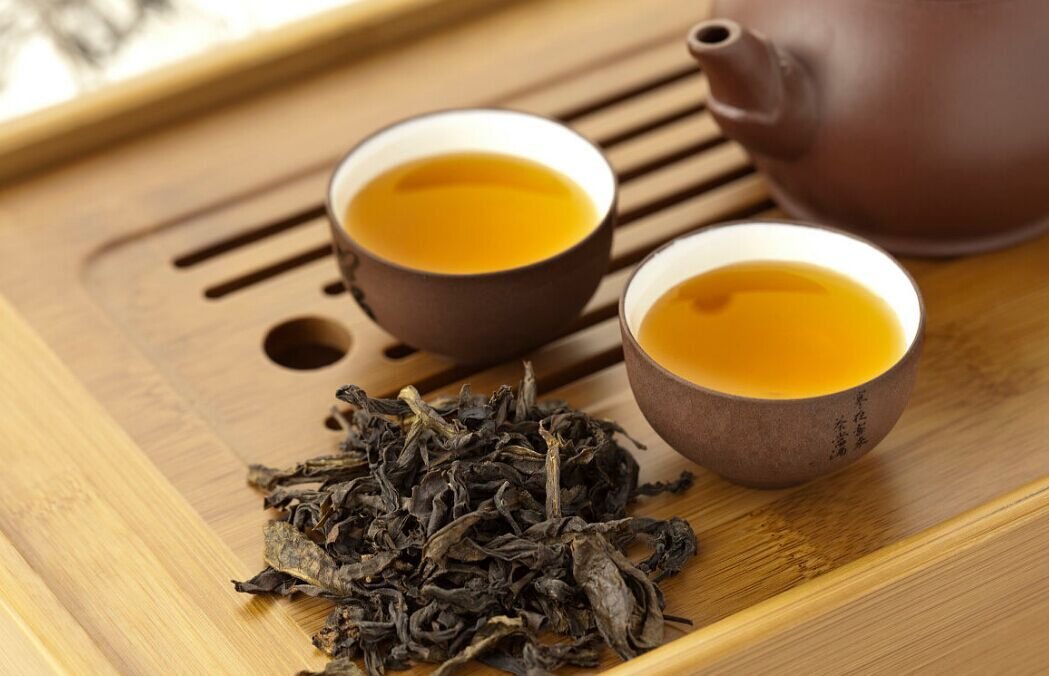In our fast-paced world, the quest for a good night’s sleep has become a common challenge, leading many to seek natural remedies to enhance their sleep quality. Among the plethora of options, tea, particularly oolong tea, has been cited for its potential benefits in promoting relaxation and combating insomnia. But how effective is oolong tea in curing insomnia, and what does science say about this aromatic brew’s ability to usher us into the land of nod? Let’s steep ourselves in the evidence and explore whether oolong tea could be the key to unlocking restful sleep.
Understanding Insomnia
Insomnia, characterized by difficulty falling asleep or staying asleep, affects a significant portion of the population. It can lead to daytime fatigue, impaired performance, and can significantly decrease the quality of life. While the causes of insomnia can vary widely—from stress and anxiety to medical conditions—the quest for safe and effective remedies is universal.
Oolong Tea: A Brief Overview
Oolong tea, a traditional Chinese tea, occupies a unique position between green and black teas in the spectrum of oxidation. This semi-oxidized tea boasts a complex flavor and a myriad of health benefits attributed to its unique processing methods. It contains a variety of compounds, including caffeine, theanine, and antioxidants, which are thought to influence sleep and relaxation.

The Sleep-Promoting Potential of Oolong Tea
Caffeine Content: A Double-Edged Sword
Oolong tea contains caffeine, a stimulant that can hinder sleep when consumed in large quantities or close to bedtime. However, the caffeine content in oolong tea is generally lower than that of coffee and some stronger teas, suggesting that when consumed in moderation and earlier in the day, it may not significantly impact sleep.
Theanine: The Relaxation Amino Acid
One of the most compelling components of oolong tea is L-theanine, an amino acid known for its relaxing effects on the brain. L-theanine promotes relaxation without drowsiness by increasing the levels of certain calming neurotransmitters such as GABA, serotonin, and dopamine. It also reduces levels of excitatory brain chemicals and enhances alpha brain waves, which are associated with a state of relaxed alertness. This could potentially aid in falling asleep more easily.
Antioxidants and Stress Reduction
Oolong tea is rich in antioxidants, which can help mitigate the effects of stress on the body. Stress and anxiety are common culprits behind insomnia, and by reducing oxidative stress and inflammation, oolong tea may indirectly promote better sleep quality.
Can Oolong Tea Cure Insomnia?
While oolong tea contains components that can support relaxation and potentially improve sleep quality, the term “cure” might be too strong when referring to its effects on insomnia. Insomnia is a complex condition with multifaceted causes, and while oolong tea can be part of a holistic approach to improve sleep patterns, it’s unlikely to be a standalone cure. It’s essential to consider other lifestyle and dietary factors that contribute to insomnia, such as stress management, sleep environment, and overall diet.
Tips for Using Oolong Tea for Better Sleep
If you’re considering incorporating oolong tea into your routine to improve sleep, here are some tips to maximize its potential benefits while minimizing any negative effects on sleep:
Timing is Key: Enjoy oolong tea earlier in the day to avoid the potential stimulating effects of caffeine closer to bedtime.
Moderation Matters: Limit your consumption to 1-2 cups per day to keep caffeine intake in check.
Whole Lifestyle Approach: Combine the consumption of oolong tea with other sleep-promoting practices, such as maintaining a consistent sleep schedule, creating a relaxing bedtime routine, and managing stress.

While oolong tea boasts compounds that may support relaxation and better sleep, it’s important to approach it as part of a broader strategy for managing insomnia. Its low-to-moderate caffeine content and the presence of L-theanine make it a potentially beneficial beverage for those looking to improve their sleep quality, provided it’s consumed wisely. As with any dietary change aimed at addressing health issues, it’s advisable to consult with a healthcare professional, especially for those with caffeine sensitivity or underlying health conditions. Oolong tea might not be a magical cure for insomnia, but it can certainly be a soothing and healthful addition to your evening routine, paving the way for more restful nights.
